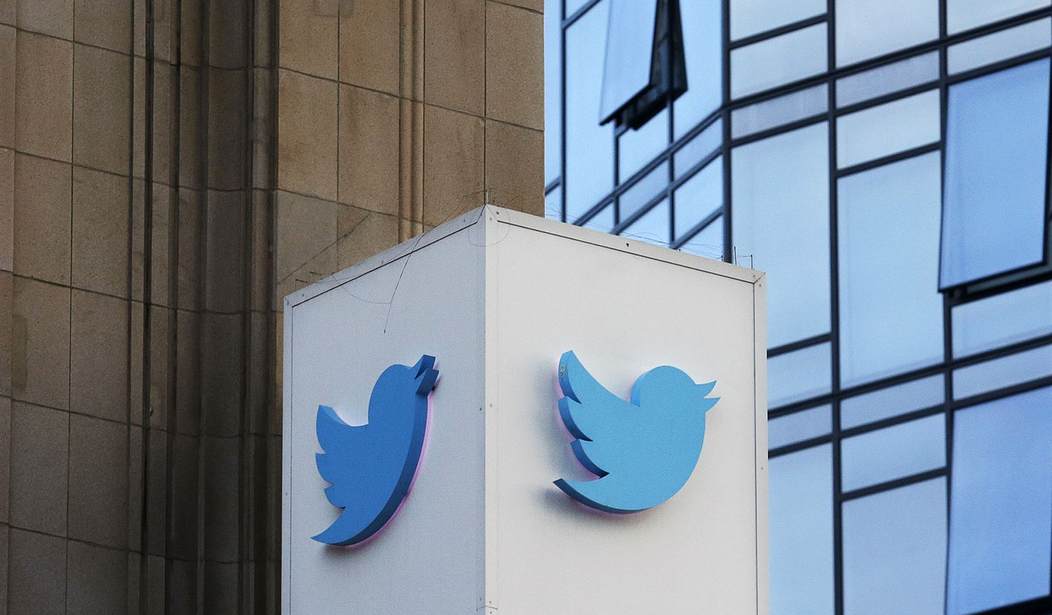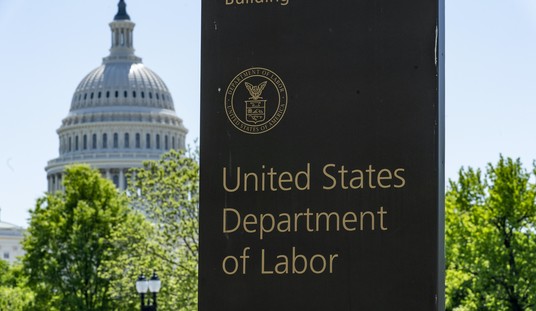James O’Keefe filed suit on Monday against Twitter for the social media company’s decision last week to ban him from the site just days after he broadcast a video of CNN producer admitting that CNN produced propaganda and oriented its coverage to accomplish the goal of defeating Pres. Trump’s bid for re-election.
On April 15, 2021, Daily Beast Editor Justin Baragona posted the following Tweet:
Confirming James O'Keefe's account has been "permanently suspended," a Twitter spox tells me per their policy: "'You can’t mislead others on Twitter by operating fake accounts,' and 'you can’t artificially amplify or disrupt conversations through the use of multiple accounts.'"
— Justin Baragona (@justinbaragona) April 15, 2021
It was O’Keefe’s personal account, with more than 1 million followers, that was shut down by Twitter.
The lawsuit recounts the facts surrounding Twitter permanently shutting down the accounts of Project Veritas and Project Veritas Action in February, and alleges that Twitter has refused to communicate with representatives of either organization to explain or justify the shutdowns. Shutting down O’Keefe’s private account is a transparent attempt to block O’Keefe completely from accessing the platform in order to communicate with his followers and supporters of Project Veritas.
The lawsuit notes that the undercover videos involving the CNN producer were first reported and published on Project Veritas’ own website on April 13. The suit alleges that within hours of the videos going up on the PV website they were trending No. 2 on Twitter.
On April 15, O’Keefe sent out a tweet on his own account regarding a third video taken of the same CNN producer. That same day, without warning or notice, Twitter permanently banned O’Keefe’s personal account.
Media companies, including the New York Times, began reporting the same allegation as is noted above in the Baragona tweet, i.e., that the ban was because O’Keefe had violated the Twitter policy against operating fake accounts. The lawsuit called that comment false and defamatory and claims that it was repeated by other journalists on April 15 and the days that followed.
O’Keefe notes that Twitter was communicating its justification to reporters 30 minutes before it offered the explanation to O’Keefe himself. O’Keefe alleges that the only use he made of his personal Twitter account during the time period in question was to post links to the Project Veritas website and the content on the exposure of the CNN producer’s admission that CNN produced propaganda intended to harm Pres. Trump’s re-election chances — no different than thousands of other Twitter users.
Because he is a journalist, O’Keefe alleges that Twitter’s claim that he operated “fake accounts” and misled others on Twitter by doing so, his reputation has been damaged by the false and derogatory statement.
The suit next goes into some detail on Twitter’s own published announcements back in 2018 that it was cracking down on the opening of “fake” accounts done for the purpose of boosting follower numbers. It sets forth the explanations provided by Twitter with regard to how it had taken steps to require user verification on new accounts in order to prevent people from doing exactly that which it accused O’Keefe of having done.
The purpose of this information is to show that Twitter either knew its claim about O’Keefe operating fake accounts was false or the claim was made in reckless disregard for its truth or falsity because Twitter has in place the means and methods to identify and shut down fake accounts. The suit alleges that for months, Twitter has been monitoring and examining the accounts following O’Keefe’s personal account consistent with the policies and practices it has announced.
The suit alleges that it was extraordinarily unlikely that Twitter engaged in an analysis of the accounts among O’Keefe’s followers, and determined he was violating Twitter’s policy on fake accounts, all on the same day that it banned O’Keefe — which just happened to coincide with O’Keefe posting on his own account the videos of the CNN producer.
One truly bizarre fact set forth in the Complaint, which may be hard for Twitter to wave away, is that in the aftermath of banning O’Keefe’s account, a search on Twitter using the “Project Veritas” as the search term brought up a link to CNN’s Twitter account as the first entry.
If you are wondering about how “Section 230” might fit in with all of this — it doesn’t. Section 230 applies to content on social media platforms that are put there by third parties and has been used by the courts as a mechanism to protect social media companies from being liable for the false statements made by third parties.
Twitter’s problems here are directly related to its own publication of false statements in connection with its decision to ban O’Keefe personally from the site.
I’m certain Twitter will timely move to have the case dismissed. I’ll try to keep everyone up to date on further proceedings in the weeks and months ahead.














Join the conversation as a VIP Member